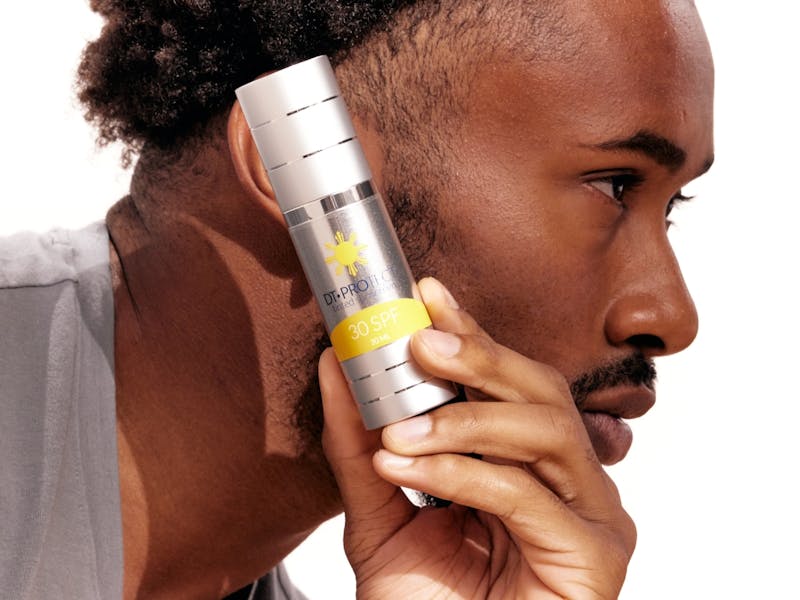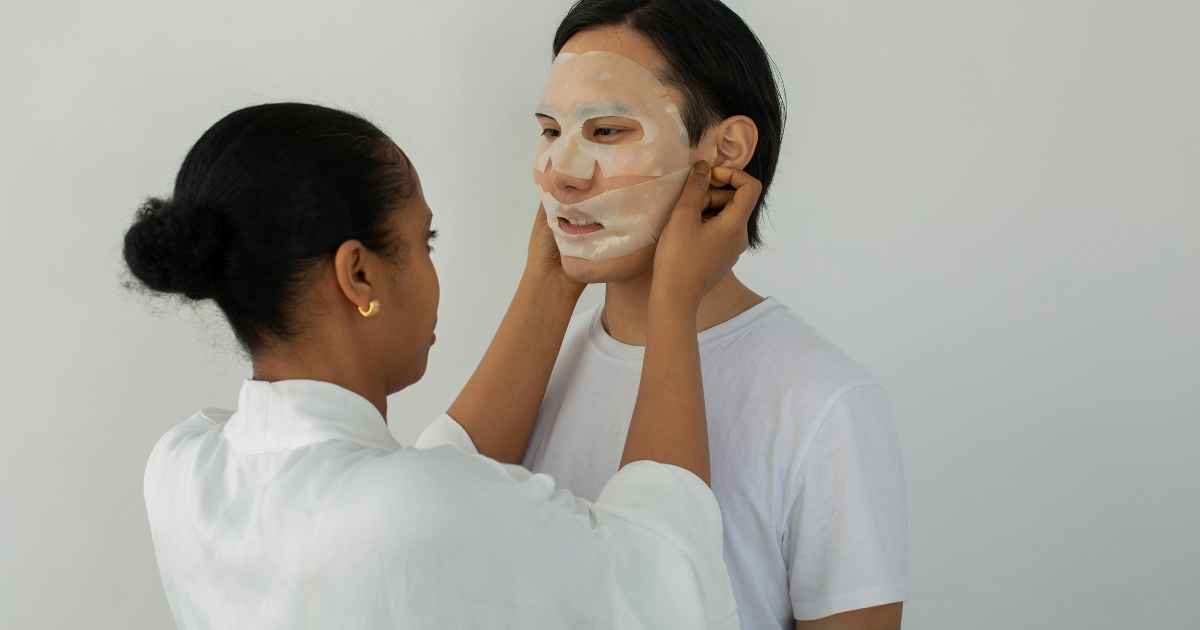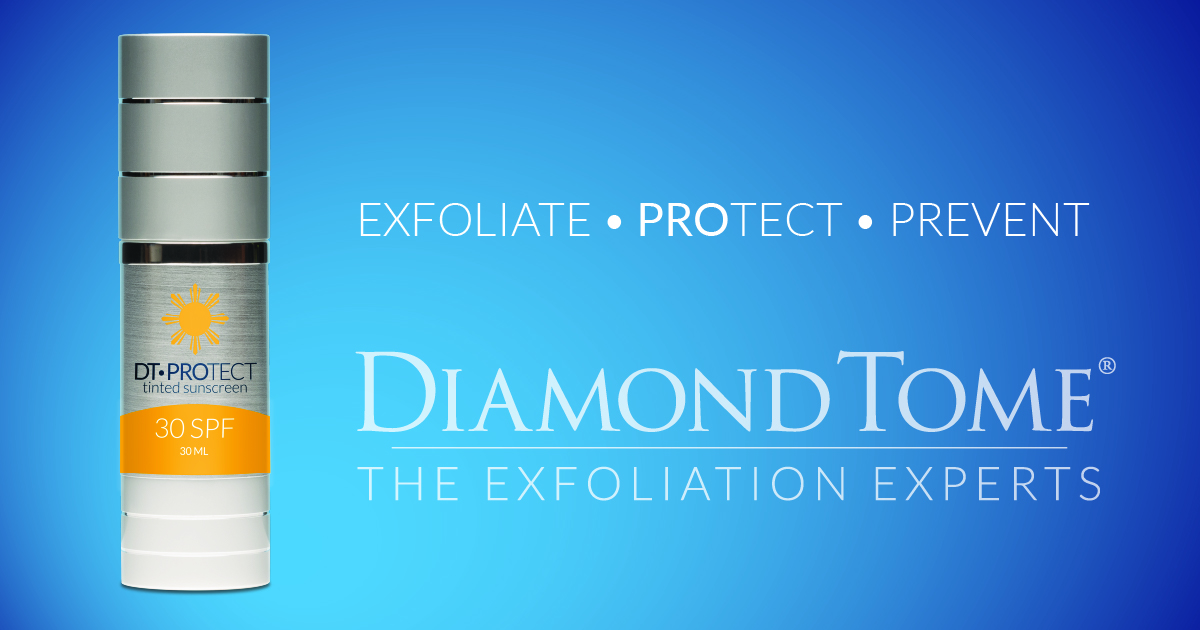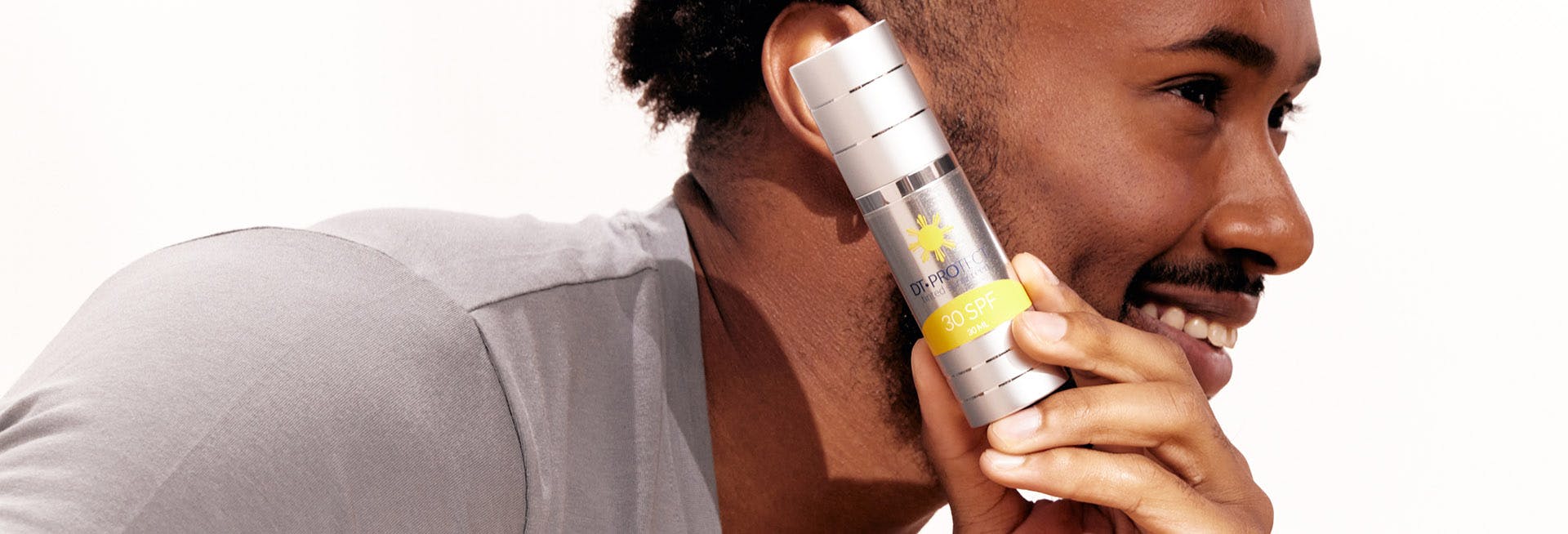
How to Sell Skincare as an Esthetician: Retail Sales Success
When you become an esthetician, you do it because you love skincare and want to help people feel their best. But you hesitate when it comes to recommending and selling products. Why?
Maybe you don't want to seem pushy, or perhaps you don't like the idea of someone saying "no." These are understandable fears; however, retail sales are essential. They help your clients maintain and enhance the results you give them with facials. And when you recommend the right products that work for them, you position yourself as the expert you are!
Retail sales also provide you with extra income you don't have to work extra hours for. To us, that's a win-win situation.
This blog post on retail sales success is based on a DiamondTome University webinar for skincare professionals presented by esthetician Adriana Perez-Nakamura. While this post contains plenty of helpful information, we also encourage you to listen to the full webinar, "Retail Sales Success: Mastering the Art of Selling Skincare Products," here.
Is Selling Skincare Profitable?
Selling skincare is incredibly profitable because, most of the time, you sell retail products at a 100% markup to your clients. But in order to sell skin care products successfully, you need to be a good salesperson.
What Makes a Good Salesperson?

A good salesperson is someone who is:
• Confident
• Good at building relationships
• Resilient
The good news?
You probably already have at least one of these skills or qualities and don’t even realize it. And if you have one, it’s easy to build on it and develop the others. Let's go through each of the above qualities one by one.
Confidence
You don’t have to be the most persuasive or talkative person in the room to be a good salesperson. If you can confidently recommend products that work for your clients, you position yourself as the skin care professional and expert—and sales will naturally follow.
How can you gain more confidence? With knowledge. Know the skincare line you carry inside and out.
Ways to gain knowledge about products include:
-
Using them on yourself.
-
Asking other clients what they think of the products & what benefits they saw.
-
Getting input/opinions from other skincare pros.
-
Studying up on them via the brand's marketing materials, training, social media accounts, blogs, and brand ambassadors.
-
Improving your product knowledge: Study each product ingredient list—know the key ingredients, features/benefits.
Relationship Building
Establishing a relationship with clients helps build trust. Trust is essential for exceptional customer service because people are more likely to buy from someone they trust. Furthermore, building a trusting relationship allows you to show you’re credible, reliable, and an expert. And most importantly, it encourages client loyalty.
Ways you build trust with clients include:
-
Actively listening to them, taking the time to understand them and their needs.
-
Doing a thorough consultation with them, which includes intake forms.
-
Asking open-ended questions, “What do you love about your skin? What would you change if you could?”.
-
Getting to know them as individuals.
-
Confidently recommending products they need, as well as work.
Resilience
Just because someone doesn’t buy something the first time doesn’t mean they won’t in the future.
You can’t always know their reasoning for not purchasing, and you can’t assume it’s because they can’t afford it or that you’re bothering them with suggestions.
Don’t let this dissuade you from selling retail, keep going and keep trying.
How To Sell Products as an Esthetician

The following are just a few ways you can increase your sales. If these feel overwhelming, remember you don't have to use them all at once. Choose one to learn and refine, and once you feel comfortable with it, move on to the next.
Focus On the Most Vital Info First
Skincare products can be overwhelming because there are so many options. When you recommend a product for your client's skin, focus on the features and benefits that address their specific pain points.
Example:
Their intake form indicates they’d like to lessen the appearance of their pore size and address some hyperpigmentation:
“This serum contains niacinamide. Niacinamide helps to reduce pore size, and it also helps to even out the skin tone. It’s easy to use, and I love it. I’ve personally seen excellent results with it on [my own skin/on my other clients' skin].”
Simple. Yes, this serum probably has a bunch of other ingredients that are just as exciting. But give them the most important info they need upfront, and if they ask you for more details then go for it.
When Recommending a Multi-Step Routine
If you’re recommending multiple products after a facial and your client says they can’t take everything that day, recommend one or two essentials that will address their concerns and make the biggest difference.
-
Make notes of what they bought and didn’t buy.
-
At their next appointment, refer to your notes and remind them of the products you recommended previously.
-
Ask if they’re ready to purchase one of those to enhance the routine they’ve already started.
Tell them the products you’re recommending work best when they’re used together. If they’ve already seen results from what you’ve sold them, their results are going to be even better with the additional items you’re recommending.
Cross-Selling

Cross-selling involves selling customers items related to those they’re already purchasing.
Is your client buying a retinol serum to help improve their hyperpigmentation? Don't let them leave without SPF. Let them know how important sun protection is in order to see results, and tell them their pigmentation will get darker if they don’t use some kind of sun protection.
Upselling
Upselling encourages customers to buy a higher-end version of a product than what they originally intended to buy. This works especially well with current clients who know and trust you.
Example: A client who regularly buys a certain moisturizer is ready to re-purchase, so you say:
“This moisturizer you’ve been using is fantastic for hydrating your skin. But I thought you might also be interested in our MD version of this product. It's enriched with additional vitamins and botanical extracts, offering even more hydration and anti-aging benefits. So far all of my clients who’ve upgraded to it cannot stop talking about how much they love it. I think it would work even better for you than the moisturizer you’ve been using. Would you like to upgrade to it today?”
Travel Kits
Travel kits are a fantastic way to introduce someone to exclusive spa products at an affordable price
Many times, kits are made up of either smaller-sized products or “luxury” (larger) sample sizes. They give your clients just enough product to give them a nice introduction to them
While this isn’t an instant sale, it gets the ball rolling and sets you up for future sales.
Free Samples
We know free samples aren’t actually free for us, so sometimes it’s hard to give them up.
But if you have a client who is genuinely interested in trying a more expensive serum or body cream, send them home with enough samples to last them at least a week. Let them know when and how much to use so they last.
The next time you see them, ask them what they thought of the samples. If they enjoyed the samples and already know they want to purchase, your asking is going to serve as a reminder that they want to buy the full-sized product.
Follow Up

If your client purchases a new item:
-
Follow up with them within a week, and don't just do this with new clients. Do it with all clients when they purchase a new product.
-
Ask them if they’ve been using it, if they’ve seen results, and if they’re generally happy with their purchase.
-
Ask them if they have questions about their particular product or if they need a reminder on how to use it. If they say they haven’t been using it, ask them why so you can troubleshoot. Encourage clients to use their products and use them properly.
Retail Lessons Adriana Has Learned in Her 14-Year Esthetic Career
You’re not bothering people with product suggestions.
Let's reframe this: You’re helping them maintain and enhance the results you’re giving them with their treatments. In fact, you may be doing a disservice to yourself by not suggesting homecare. A monthly facial treatment alone isn't going to improve their acne, dry skin, or hyperpigmentation.
If you send a client home without the proper tools they need to improve their skin, they’re not going to see results. And if they don’t see results, they might not return. They might go somewhere else for facials, happily purchase products from that esthetician, and be thrilled with the results--that could have been money in your pocket.
Don’t be intimidated by the price of the products you sell.
Just because it’s an intimidating price to you doesn’t mean it’s intimidating to everyone else.
If you still need an extra push to try and sell more products, think of it this way:
If you earn a commission on product sales, own a spa, or even work solo in a salon suite, retail sales can increase your earnings without having to spend extra time working on someone. If they like the products you sell, they’ll likely repurchase from you when they run out which will put more money in your pocket down the line.
Learn More About Successful Retailing
While many skin care professionals find retailing products intimidating, it doesn't have to be. With the right amount of confidence fueled by knowledge, as well as some relationship-building skills and resiliency, you can successfully sell products which equals more profits in your pockets.
Want to learn more about how to increase retail sales? Let's do this!
For more in-depth info, check out our DiamondTome University webinar, "Retail Sales Success: Mastering the Art of Selling Skincare Products," hosted by Adriana Perez-Nakamura, L.E.




